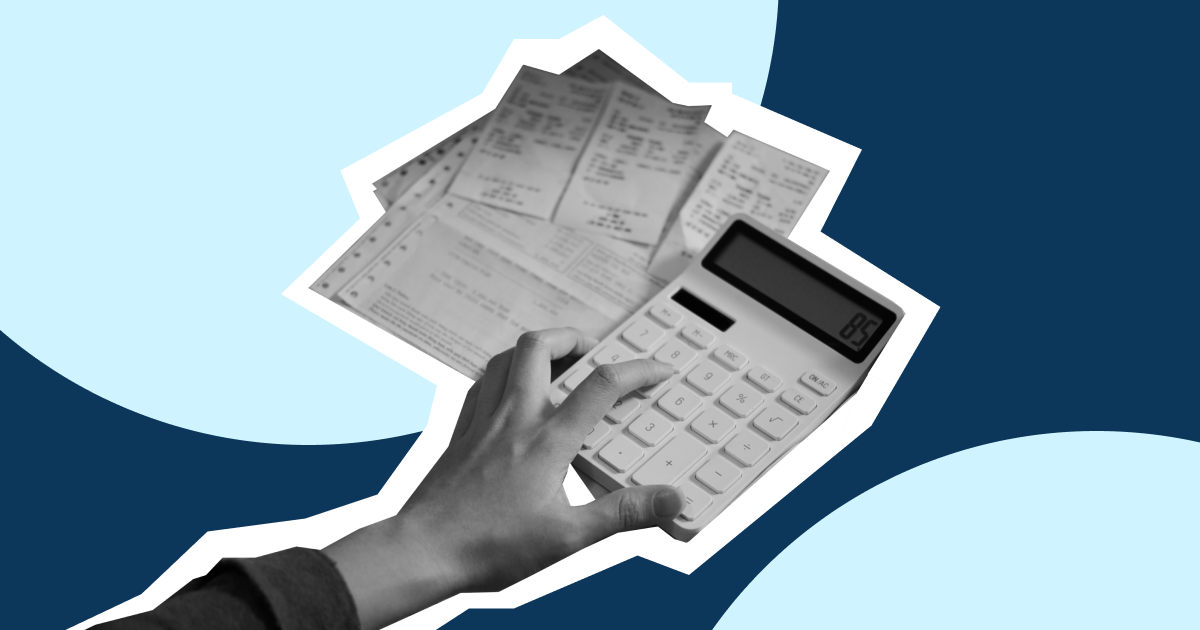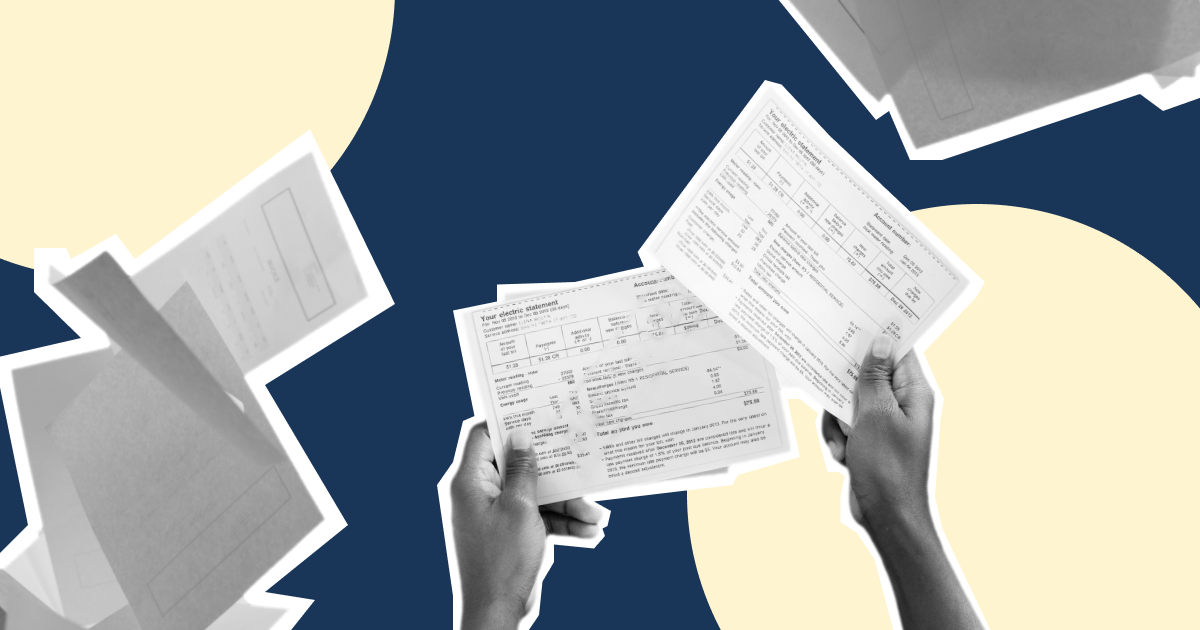Summary
Billing and invoicing are perhaps the most commonly used terms in business finance. Bills and invoices contain details of money owed as part of a financial transaction. As such, the terms billing and invoicing as well as bill and invoice are often used interchangeably. However, there are clear differences between the two. And effective financial management calls for a proper understanding of the contrasts between the two terms.
This article discusses the similarities and differences between billing and invoicing and the distinct roles they play in financial operations. Read till the end for tips on how to make invoicing and billing systems more efficient and effective through the adoption of automation technologies.

Introduction to billing and invoicing
Billing and invoicing are financial processes that facilitate payment in business transactions. Both are used to request payment from customers and clients.
The primary purpose of a billing or invoicing system is to ensure timely payments. making sure that customers and client don't delay payments is integral to managing transactions efficiently and maintaining a healthy cash flow so that operations are not hampered.
A bill is specific to a billing system while an invoicing process uses an invoice. When do businesses use bills and when are invoices used? We know that the two serve distinct purposes, but what are these? Knowing the answers to these questions is key to grasping the nuances between billing and invoicing.
The basics of billing and invoicing
What is a bill?
A bill is a financial document issued by a business to request payment for goods sold or services rendered. It almost always demands immediate payment upon delivery of the goods or services.
Bills are common in the retail space or in businesses that provide direct services to customers (power companies, subscription-based businesses, etc). Think restaurant or utility bill. Billing is usually associated with B2C (business-to-consumer) transactions.
The business arm tasked with issuing bills is the customer service or sales department. The payment requests they generate contain simple billing data such as a brief summary of goods or services sold, total amount, and some contact information.
What is an invoice?
Similar to bill, invoices typically are formal payment requests issued by the seller to the buyer. What makes it different from a bill is that it is a lot more detailed – holding information such as an invoice number, contact information of both the buyer and the seller, details of the goods or services sold, cost per item, applicable taxes, total amount due, payment terms (such as net 30, which means full payment is due within 30 days of the invoice date), acceptable payment methods, and so on. Unlike a bill, an invoice also carries a payment due date.
Common examples include a raw material supplier's invoice to a business owner and a freelancer's invoice to a company for services provided.
Invoice generation is usually the responsibility of a company's accounting team or finance department. Invoices are mostly common to B2B (business-to-business) transactions.
While bills and invoices both request payment from customers, there is a simple way to differentiate between the two. Just remember that an invoice is transactional in nature, which means that an invoice is almost always specific to a single transaction. In contrast, there are recurring bills and ongoing bills as well as one-time bills.
Purpose of billing process
A bill serves two purposes – it is a straightforward request for payment as well as a formal record of a sale or transaction. The billing process is, therefore, integral to keeping accurate financial records, which aids financial tracking.
By securing timely payments, the billing process aids companies in managing their cash flow well and maintaining adequate liquidity at all times to support the business' operations and short-term financial obligations. As we all know, good cash flow management brings in investments and promotes financial stability and financial health.
Purpose of invoicing process
Apart from notifying the buyer to pay for a purchase, an invoice provides a detailed breakdown of a specific transaction. It includes several unique details such as invoice number, payment terms, applicable taxes, etc, that are not found on a bill. The detailed nature of an invoice, in start contrast to a bill, makes invoicing important from an accounting perspective. An accurate and formalised invoicing process goes a long way in simplifying accounting processes.
An invoice serves a legal purpose too. Invoices are an important component of a business' financial records. They are used to display tax compliance and to back up tax deductions and credit claims. Invoices can also be used as legal evidence during disputes relating to a specific transaction, which makes storing them securely al the more important.

That's not all. Record-keeping is a fundamental part of invoice processing. By keeping accurate records, companies stay informed about when payments can be expected, which aids in effective cash flow management.
Billing vs invoicing – Similarities
Billing vs invoicing – Key differences

Benefits of automated billing and invoicing
Managing invoices and bills efficiently is crucial if a company is serious about achieving prompt payment, positive cash flow, smooth business operations, and great customer relationships. Using technology and automation tools is one way of optimising billing and invoicing and mastering efficient financial management in the process.
Here is what a company can expect from an automated invoicing or billing system:
- From bill and/or invoice creation to delivery and tracking, everything is automated.
- With billing automation, companies can send recurring bills at pre-determined intervals without the need for human intervention.
- In an automated invoice processing system, all incoming invoices – whether electronic or not – are received and stored in a centralised database, making it easy to organise and manage invoices.
- Machine learning, artificial intelligence, and other relevant technologies extract invoice data and integrate it with the invoice processing system.
- These invoice details are automatically cross-checked against supporting documents (purchase order) through automatic invoice validation.
- An automated approval routing system then delivers the invoices to the right approvers.
- Invoice authorisation, payment, and reconciliation are automated as well within such a system.
- Pre-scheduled reminders are sent automatically to customers and clients about upcoming or overdue payments.
- Automation also ensures invoicing and billing processes are fully integrated with payment gateways, accounting systems, and other business systems.

With all these useful features and more, automated billing and invoicing have multiple benefits for businesses, including:
Timely payments
Automating billing and invoicing processes reduces manual error and speeds up payment cycles. This ensures timely payments, which is necessary for smooth business operations.
Tighter financial control
Automated processes support customised approvals and workflows, so all transactions are strictly scrutinised and verified. This creates greater financial control.
Significant cost savings
By curtailing missed and delayed payments, automation contributes to cost savings by helping companies avoid late payment fees.
Accurate financial tracking
With all the bills, invoices, and supporting business documents held securely in a single centralised data repository, businesses can perform accurate financial tracking and monitoring. Useful search tools make the process much easier while strict access controls ensure only authorised personnel gain entry.
Seamless workflows
Automated billing and invoicing systems easily integrate with business accounting systems, ensuring that processes seamlessly flow into each other. This breaks down siloes, promotes collaboration between departments, ensures data uniformity, and improves overall operational efficiency.
Data analysis and financial forecasting
Automated billing and invoicing processes come with analytical capabilities, empowering business owners and financial leaders to gain genuine insights into cash flow positions and financial obligations. These insights improve decision-making, leading to smart investment choices and accurate cash flow projections.
Good cash flow management
By automating billing and invoicing, businesses can manage cash flow better and ensure there is sufficient liquidity to support operations.
Positive customer relationships
Automated processes reduce inefficiencies, which in turn increases customer satisfaction. By meeting customer expectations, businesses stand to gain more from their business partnerships, such as more favourable payment terms and early payment incentives.
Compliance
Billing and invoicing software can be made to comply with relevant rules, such as international financial transaction rules, tax laws, and laws on data security and privacy. This ensures smooth financial operations.
Security
Automated systems come with strong fraud detection and other security features, allowing businesses to detect irregularities and manage risk with ease.
Smarter invoicing with Aspire
Our invoice management software cuts processing time by 50% and gets you paid faster. If you think that's impressive there's more:
- It comes with an invoice generation tool that creates tax-compliant invoices and sends them out for you in just a few clicks.
- The software also sends your customers and clients automatic reminders, so you don't end up with overdue payments.
- With automatic reconciliation, you get notified as soon as you get paid and the invoices are also marked as such.
- Our automated invoicing platform gives our clients a bird's eye view of their cash flow while accounting integrations ensure that you can close your books in record time.
That's not all. Aspire also supports international businesses with super fast global payments in multiple currencies and at market-leading FX rates. You can even pay your supplier invoices in more than 30 currencies right from the Aspire app.










%201.webp)


.webp)